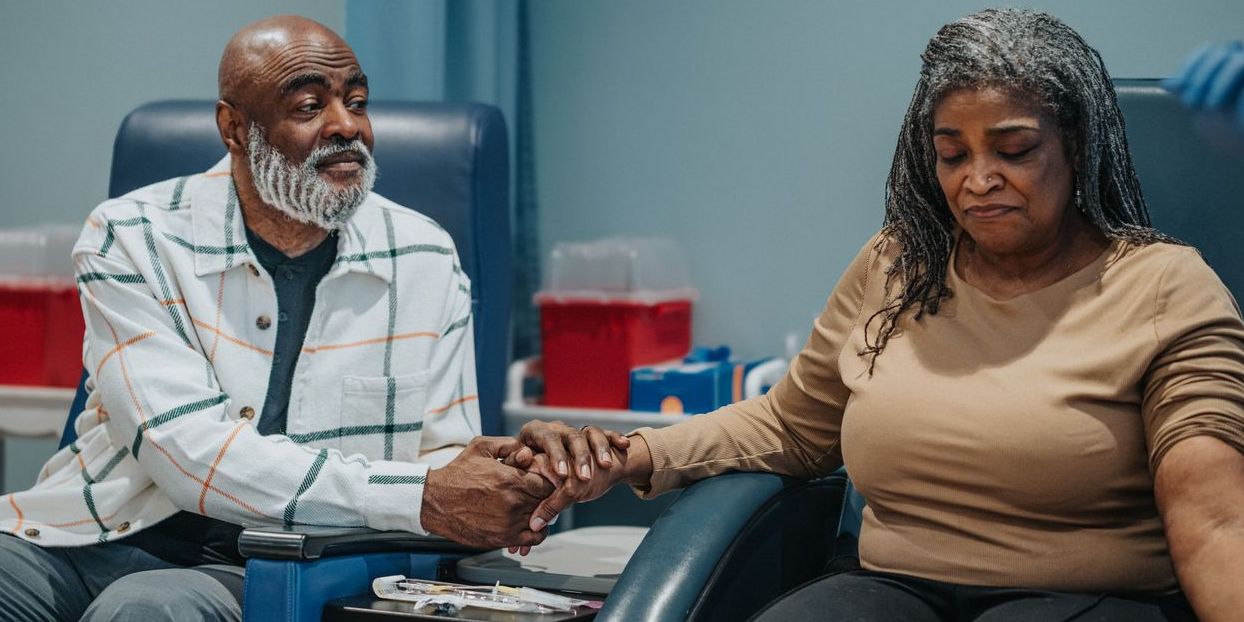Photo Credit: Tonaquatic
Trastuzumab deruxtecan (T-DXd) exhibited substantial and durable overall and intracranial clinical activity in a large cohort of patients with metastatic HER2+ breast cancer, irrespective of the presence of brain metastases, in DESTINY-Breast12.
Approximately half of the patients with HER2+ breast cancer will develop brain metastases during the course of their disease. Historically, the prognosis for patients with brain metastases has been poor [1]. However, in the case of HER2+ breast cancer, an increasing number of patients obtain extended survival as systemic treatments for extracranial disease, like T-DXd, improve.
So far, intracranial activity of T-DXd has been observed in small or retrospective patient cohorts with HER2+ metastatic breast cancer with stable or active brain metastases. The phase 3b/4 trial DESTINY-Breast12 (NCT04739761) was designed to assess the efficacy and safety of T-DXd in HER2+ breast cancer patients with or without brain metastases, and whose disease had progressed on prior anti-HER2-based regimens. Dr. Nancy Lin (Dana-Farber Cancer Institute, MA, USA) presented the primary results [2].
A total of 504 participants were enrolled, of whom 263 had brain metastases at time of enrolment. The primary endpoint in the cohort with brain metastases was progression-free survival (PFS); the primary endpoint in the cohort without brain metastases was overall objective response (ORR).
Median PFS in participants with brain metastases was 17.3 months; the 12-month PFS rate was 61.6%. No significant differences were observed between participants with stable versus active brain metastases. The CNS PFS rate at 12 months was 58.9% and the intracranial response rate was 71.7%, also with no significant difference between patients with stable or active brain metastases. ORR in participants without brain metastases was 62.7%. The additional endpoint of 12-month overall survival rate was 90.3% and 90.6% in the cohort with or without brain metastases, respectively. No new safety signals were observed.
“These results support the use of T-DXd for patients with HER2+ breast cancer, irrespective of the presence of brain metastases,” concluded Dr Lin.
Medical writing support was provided by Marten Dooper.
Copyright ©2024 Medicom Medical Publishers


















Create Post
Twitter/X Preview
Logout